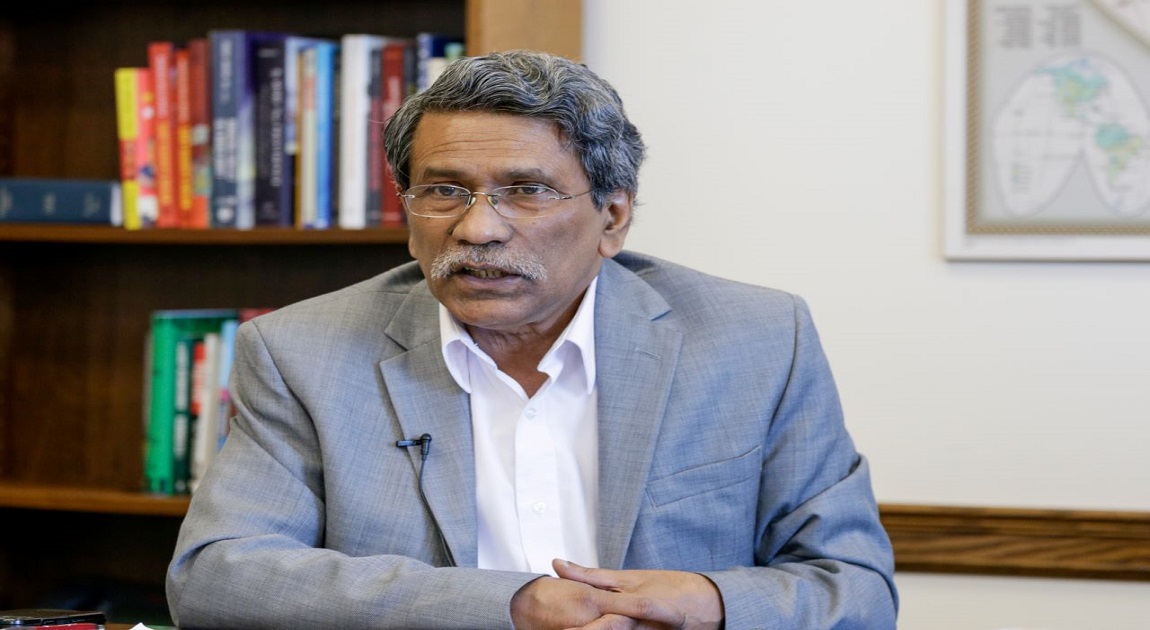Professor Ali Riaz, Vice President of the National Consensus Commission, has expressed concern over the lack of meaningful progress in discussions with political parties.
Speaking on Sunday at the seventh day of the commission’s second round of dialogue held at the Foreign Service Academy in Dhaka, he said that the envisioned signing of the "July Charter" to mark the martyrdom anniversary of Abu Sayeed now appears uncertain.
"We had hoped to come together in unity and sign the July Charter. But whether that will be possible now depends entirely on the political parties," he remarked. "We fear we may fall short of that goal."
No new agenda was introduced in Sunday’s session. Instead, the dialogue returned to previously discussed but unresolved topics, including the formation of appointment committees for constitutional and statutory bodies, the structure of a bicameral legislature, the electoral process for the upper house, and its responsibilities.
Ali Riaz reminded the participating parties of the events of last July, saying, “We all remember the repression and authoritarianism we endured. During that time, none of us waved our party flags—we raised the national flag. Together, we fought to free ourselves from fascism. Now, another July is here. We must ensure this process leads to an outcome within this month.”
He emphasized the need to safeguard constitutional reforms from being reversed in the future, particularly by those acting against public will.
He stressed the importance of establishing structural safeguards within the constitution to limit the concentration of power in individuals. “We cannot ignore the looming threat of autocracy. These protections must be enshrined constitutionally, and securing judicial independence is central to that effort,” he said.
Riaz urged political parties to prioritize national interest in the reform dialogue. “None of us want to return to the past. So, consider the greater good of the nation. What did we achieve from the commitment we made last July? Are we only going to fight for our party’s or personal interest, or will we also look at what the country needs?”
He added that the Commission has shown flexibility in its reform proposals, adapting positions to reflect the collective aspirations voiced by political representatives. “The Commission is not your opponent—it is a platform committed to facilitating consensus. Several proposals, including on Article 70, the NCC, and the formation of an upper house, have been adjusted based on party inputs,” he explained.
Sunday’s dialogue was moderated by Monir Haider, special assistant to the Chief Advisor, and was attended by other commission members, including Badiul Alam Majumdar, Justice Md. Emdadul Haque, Iftekharuzzaman, and Md. Ayub Miah.















-20260221022942.jpg)
-20260221022827.webp)
















